January 29, 2015
Latest commercial buildings listings illuminate changing world of work
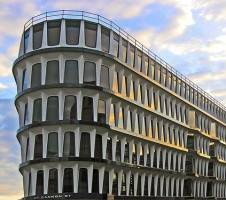 The latest fourteen buildings to be listed as part of the Post-War Commercial Buildings Project have been announced by the UK Government’s Department for Culture, Media and Sport. The project was initiated by English Heritage in 2011 as a way of recognising the significance and diversity of commercial buildings and acknowledging their unique proneness to change. According to English Heritage the latest fourteen Grade II listed entries (as well as a number of others assessed but deemed of lesser significance) also highlight how the design of commercial buildings reflected the changing world of work up to the cut off point of 1984. Although the projects are predominantly in the South East, there are listings for commercial buildings in Leeds, Newcastle-upon-Tyne and Birmingham.
The latest fourteen buildings to be listed as part of the Post-War Commercial Buildings Project have been announced by the UK Government’s Department for Culture, Media and Sport. The project was initiated by English Heritage in 2011 as a way of recognising the significance and diversity of commercial buildings and acknowledging their unique proneness to change. According to English Heritage the latest fourteen Grade II listed entries (as well as a number of others assessed but deemed of lesser significance) also highlight how the design of commercial buildings reflected the changing world of work up to the cut off point of 1984. Although the projects are predominantly in the South East, there are listings for commercial buildings in Leeds, Newcastle-upon-Tyne and Birmingham.





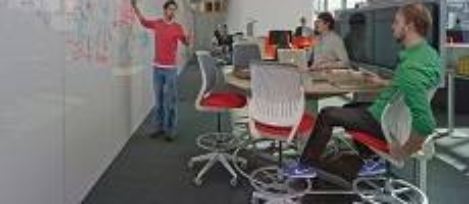

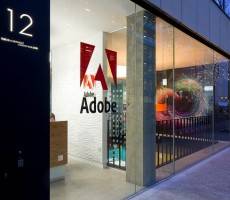
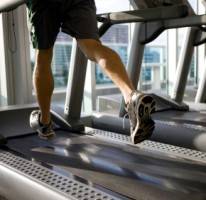

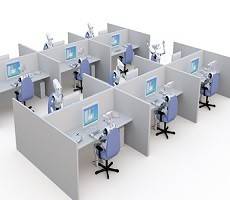



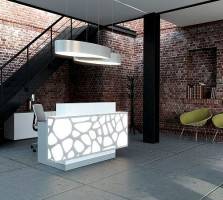









January 28, 2015
How well designed office hives can foster swarm intelligence
by Lee Parsons • Comment, Facilities management, Workplace design
(more…)